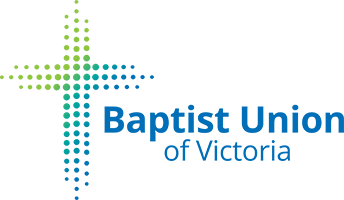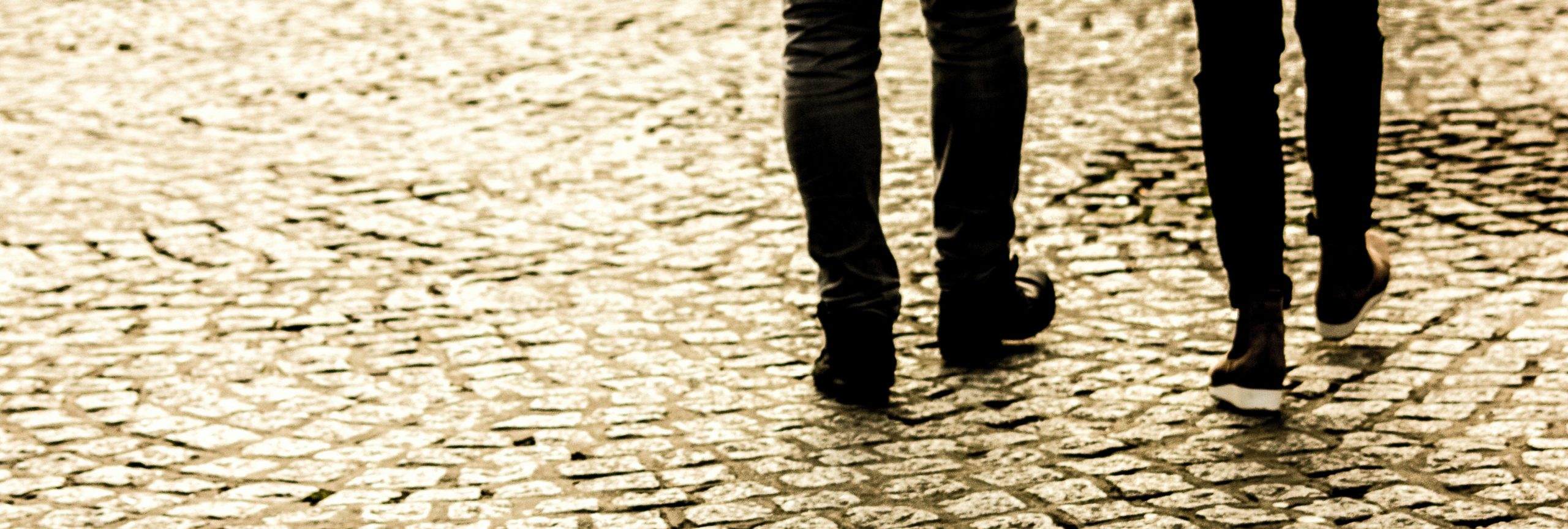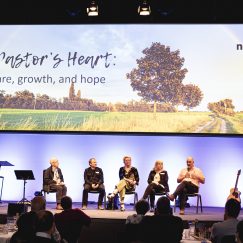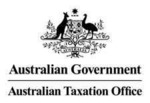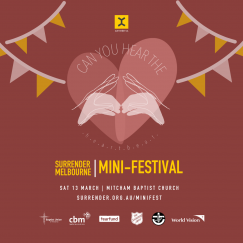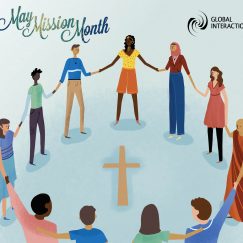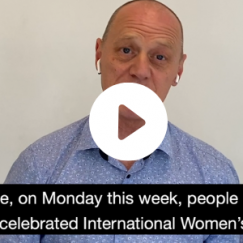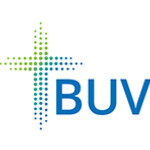3rd August 2021
Sowing the seeds of success in Cambodia
Through Baptist World Aid’s Model Family program, Jras Thean’s (from Cambodia) agricultural journey is bearing fruit for his family and his village.
Several years ago, farmer Jras Thean had little agricultural knowledge and even less of a plan for his family or the future. What started as attending a few workshops with Baptist World Aid’s partner in Cambodia, led to a transformation that now sees leadership, knowledge, a desire for community, and even a vision that includes caring for God’s creation.
Today, Jras and his family are flourishing.
But life wasn’t always like this. Despite working hard as a rice farmer, Jras also grew mixed crops, raised animals, and fished to add sustenance to the family meals and supplement the family income. But it was never enough. Jras explains why.
“This year we sold three buffalo for US$1000, which we used to buy another house in the village…this was unbelievable, absolutely wonderful! Before, our family did not have a good livelihood situation due to health and other problems,’ he said. ‘We grew rice and raised animals but did not get good yields because of our limited knowledge and no one to help.”
Capacity building—increasing a person’s knowledge and skills to foster long-term sustainability—is a development term that can be overused. But it is a term that Jras has come to know and understand well. He uses the term often to explain how attending meetings conducted by Baptist World Aid’s Cambodian partner changed his and his family’s situation.
‘They provided me with a lot of capacity building and strengthening on my agricultural knowledge,’ Jras said. ‘They worked with me to improve on my techniques for animal raising, such as preparing chicken coops, buying some materials for animal vaccinations and treatment for pigs, cows, and buffalo. I also now help the other villagers.
Jras was invited to join the Model Family Program, a program in Cambodia that has given him much more than agriculture knowledge.
‘I learned a lot related to both health care and family happiness,’ he said. ‘Furthermore, what I am happy with is to develop a family plan.’
Jras has continued attending agriculture workshops, developing skills such as mixed crop cultivation, mushroom spore making, tree grafting, household animal raising and providing treatment to animals.
His continued effort and learning also led Jras to be selected as a ‘model farmer’ in the village. Many animals have health problems including foot and mouth disease and parasites, and it is Jras’ acquired animal husbandry knowledge that is most usually drawn upon.
‘I used the medicine and followed the lessons learned from the project team correctly, with good results, and now no cattle in the village die,’ he said.
But today the spectre of COVID-19 hangs over Jras’ village, as it does with all vulnerable communities in developing countries.
‘During COVID-19 we are very afraid. We try very hard to create our business for our family and save up for the expected shortfall of food,’ Jras said. ‘We cannot know when it [COVID] will disappear or what will happen, so we attend more and more training and capacity building.’
Despite COVID, Jras and his family are grateful. Their efforts have borne fruit and the family has a more sustainable livelihood due to greater diversity in their livestock and crops, increased knowledge and skills, and a solid plan.
Jras’ vision is now for other villagers to increase their agricultural knowledge and skills, to become more aware of natural resources and land management, and to understand the impact of chemicals in pesticides and fertiliser.
“What I want to see in the future is my village with sufficient knowledge to prepare their own family plans and goals and come together hand-in-hand with my family to produce fruitful results and to improve livelihoods.”
This project has been supported by the Australian Government through the Australian NGO Cooperation Program (ANCP) since 2015.
Original article available here.
